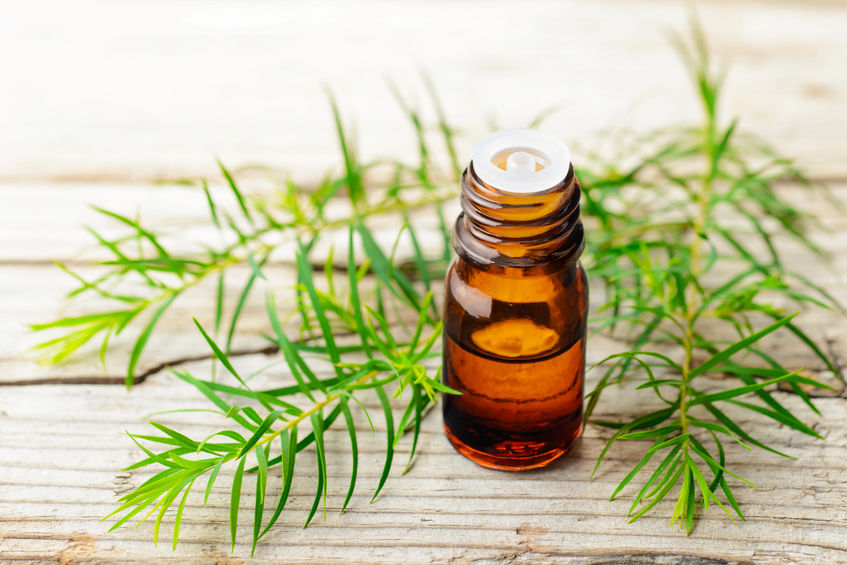
Hearing comes with challenges, especially as we age. Different people have diverse reactions to challenges with their hearing.
Prior to pursuing medical treatment or procedures, many favor home remedies for hearing loss mitigation.
Common Causes of Hearing Loss
There are two categories of hearing loss: conductive and sensorineural.
- Conductive hearing loss is usually an easily fixed issue. With a quick and safe surgery being the most complicated method to cure it completely.
- Sensorineural hearing loss does not have a cure. However, devices such as hearing aids, hearables, and personal sound amplification devices help manage the challenges.
Many report home remedies for hearing loss to be effective. However, it’s important to remember the following natural remedies are supplements and preventive treatments.
These approaches are not fix-all solutions. They will not cure or reverse hearing loss.
How to Improve Hearing Naturally
Recent studies suggest that a nutritious diet reduces the risk of hearing loss, however there is no single nutrient of critical importance. According to Dr. Sharon Curhan, MD, a physician at Brigham and Women’s Hospital, Harvard Medical School, the findings are often inconsistent.
“For example, in animal models, combinations of certain nutrients were protective against hearing loss; however, studies in humans have produced conflicting results” – Vitamins and hearing health | Healthy Hearing
Pigments known as carotenoids produce the orange color found in many fruits and vegetables. Carotenoids such as beta-carotene also act as antioxidants, enable communication between cells, and act as a precursor to Vitamin A.

In 2015, a study of over 65,000 participants showed a link between higher intakes of two carotenoids and better hearing health. Specifically, women with greater levels of beta-carotene and beta-kryptoxanthin enjoyed a reduced risk of hearing challenges.
Vitamins Suggested to Combat Hearing Loss
Early evidence suggests that vitamins A, C, E and folate enhance hearing health. Vitamin A is abundant in many foods. For example, carrots, sweet potatoes, pumpkins, and greens like broccoli or kale all boast high levels of Vitamin A.
Many leafy, dark greens, such as chard or kale, and most citrus fruits feature high levels of vitamin C. Kiwi, berries and papayas are other good options.
Nuts are a rich source of vitamin E – almonds and hazelnuts in particular. Other good options include sunflower, grapeseed, and other plant oils or nut seeds.
In terms of produce Swiss chard, spinach, and kale are also high in vitamin E. Meanwhile, folate appears in peanuts, sunflower seeds, lentils, broccoli and soybeans.
Tea Tree Oils & Other Home Hearing Remedies
There is little clinical research to support at-home natural remedies for hearing loss reversal. However, many individuals report finding success with natural remedies for hearing loss mitigation.
When it comes to essential oils, talk with your doctor before beginning use. The quality and purity of essential oils is not monitored so you should always use caution when choosing a brand.
Many consider tea tree oil to be an effective hearing loss treatment. There are numerous combinations of tea tree oil mixtures suggested for improved hearing health..

Natural healers also endorse the use of ginkgo biloba extract, which comes from the leaf of a tree. According to Healthline, supporters of this type of treatment “suggest that taking 60 to 240 milligrams of ginkgo biloba per day can help with tinnitus and other noise associated with hearing loss.”
More Natural Approaches to Hearing Health
What we consume plays a significant role in how our body functions, ears included. While there are no cures for hearing loss, a healthy diet encourages better hearing health.
Also consuming herbs known to be good for hearing may further reduce your risk of future hearing challenges. Below are a number of other herbs and spices purported to have positive impacts on hearing.
Many Eastern dishes feature ample portions of ginger. Ginger boasts useful remedial properties used for centuries.
Not only does ginger assist with infections, it also contains anti-inflammatory properties. These help to overcome any inflammation in the nervous system. Because the nervous system transmits sound from your ears to your brain, reducing inflammation will likely positively impact your hearing.
Turmeric has high levels potassium, a beneficial nutrient for your ears. Potassium plays a vital role in cell interaction in the inner ear, but levels also drop naturally as we age. Turmeric quickly and effectively bolsters key potassium levels, enabling healthier ears and hearing.

Spearmint contains folic acid, and research shows that low levels of folic acid are associated with age-related hearing loss. In addition to folic acid, spearmint also features other antioxidants, vitamins, and nutrients as well.
Other measures to practice for better hearing health include avoiding ototoxicity. Simply put, limit consumption of tobacco, alcohol, and even some medications. Qualified hearing professional have the ability to identify dietary components or lifestyle choices with ototoxic properties.
Lastly, brain games help to keep your ears working because the act of listening involves the ear and the brain in equal parts. Audiology Island recommends a number of games, apps, and exercises for better hearing on their website.


